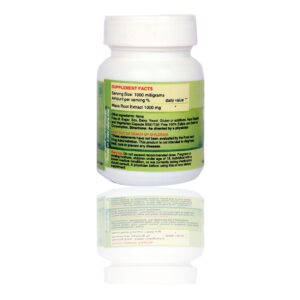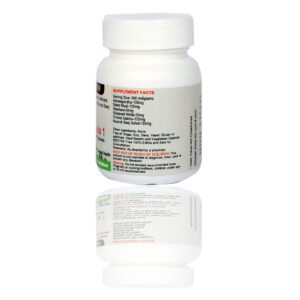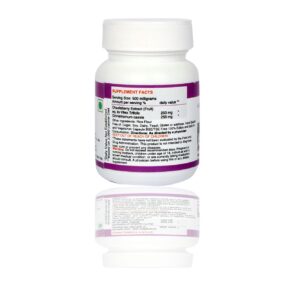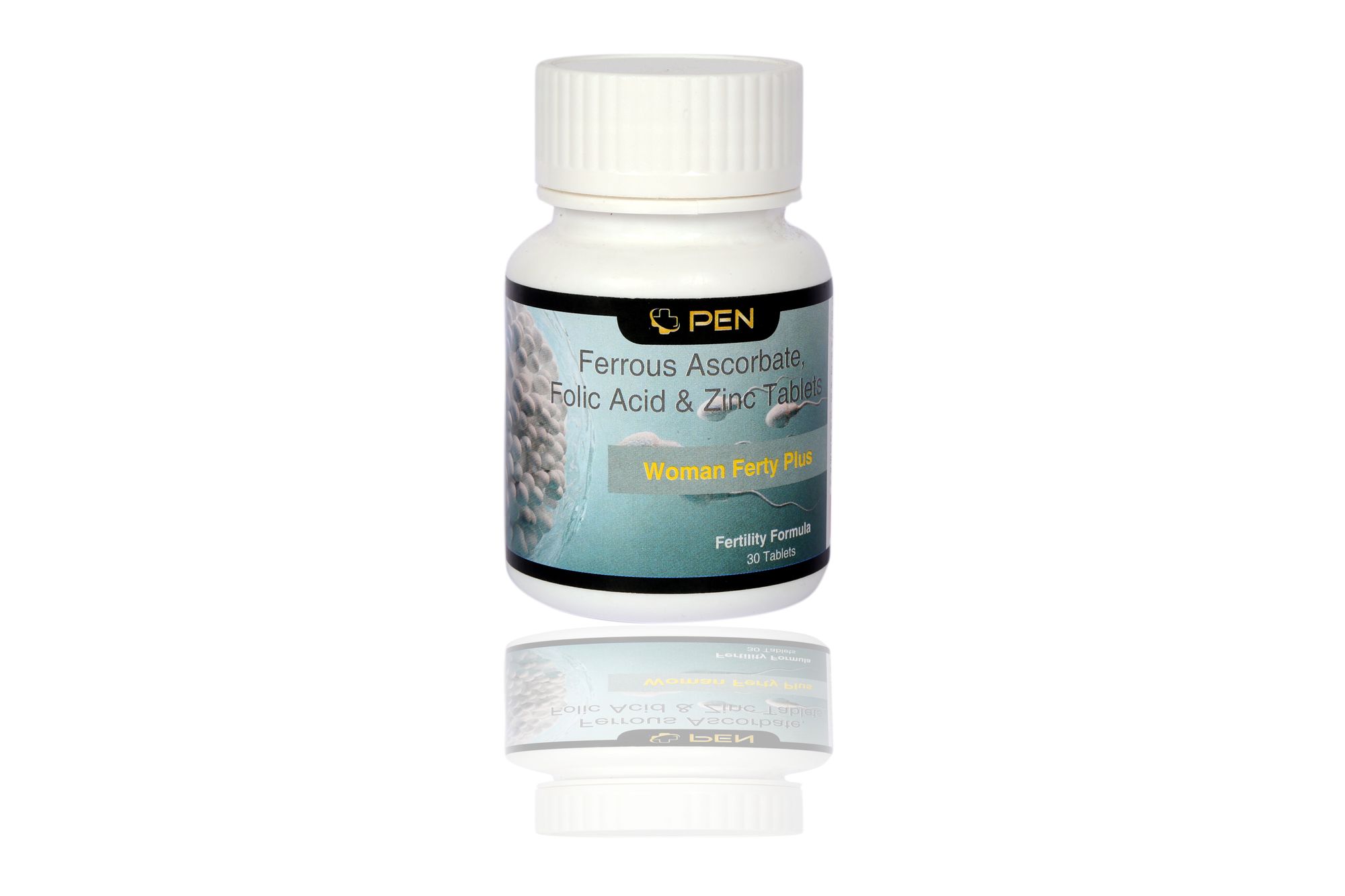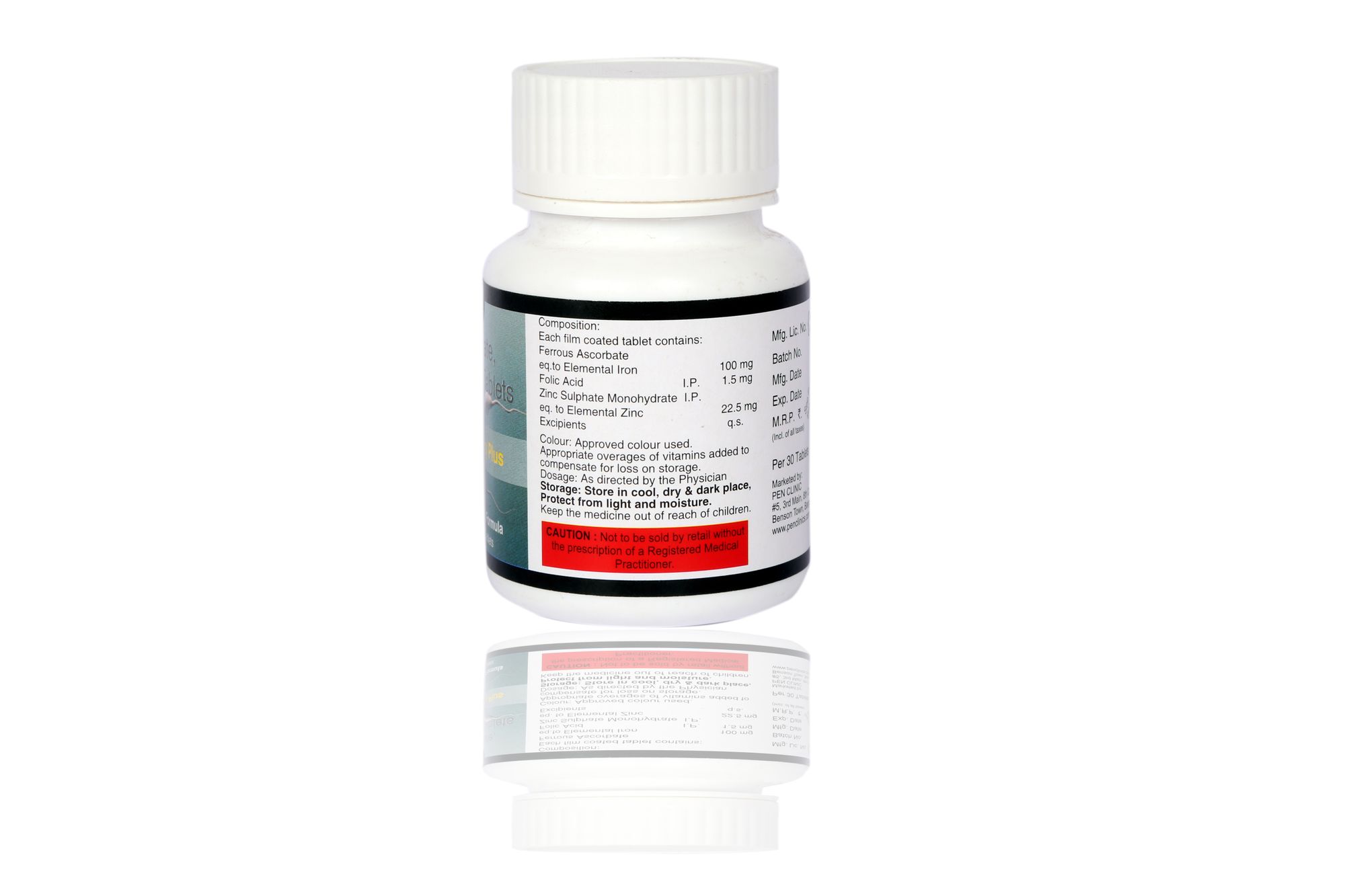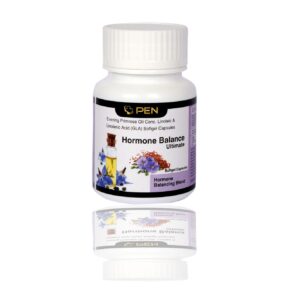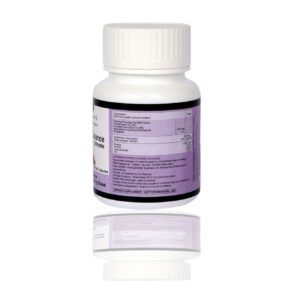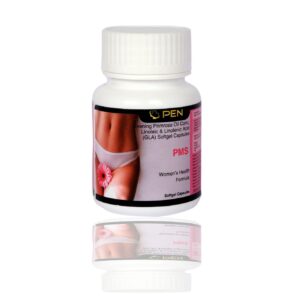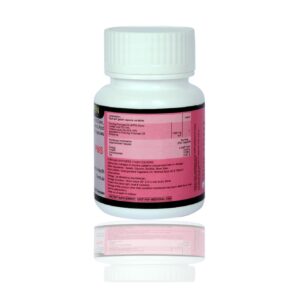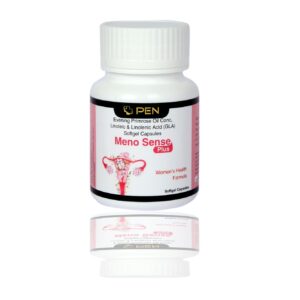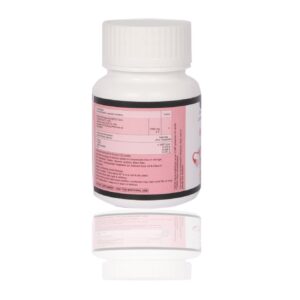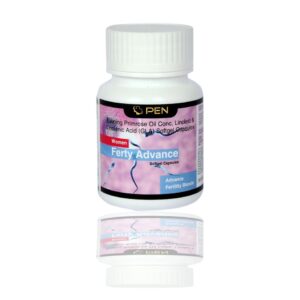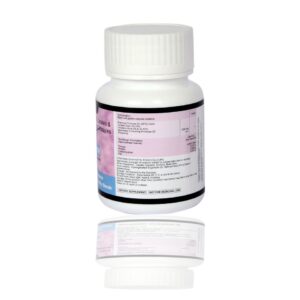WHO Report: Zinc is an essential mineral known to be important for many biological functions including protein synthesis, cellular division and nucleic acid metabolism.
1 Severe zinc deficiency is rare in humans, but mild to moderate deficiency may be common, especially in populations with low consumption of zinc-rich animal-source foods and high intakes of foods rich in phytates, which inhibit zinc absorption.
2 It is estimated that over 80% of pregnant women worldwide have inadequate zinc intake
3, consuming on average 9.6 mg zinc per day, well below the recommended minimum daily levels for the last two trimesters of pregnancy in settings of low zinc bioavailability.
4, It has been suggested that maternal zinc deficiency may compromise infant development and lead to poor birth outcomes. Low plasma zinc concentrations reduce placental zinc transport and may affect the supply of zinc to the fetus.1 Zinc deficiency also alters circulating levels of a number of hormones associated with the onset of labour, and because zinc is essential for normal immune function, deficiency may contribute to systemic and intra-uterine infections, both major causes of pre-term birth. Low birthweight and prematurity are significant risk factors for neonatal and infant morbidity and mortality. It has been hypothesized that zinc supplementation may improve pregnancy outcomes for mothers and infants.
Woman Ferty Plus
Original price was: ₹851.00.₹639.00Current price is: ₹639.00.
Woman Fertility Support
Fertility Booster
Prenatal Supplement
Pregnancy Supplement
How Ferrous Ascorbate + Folic Acid+ Zinc works Prenatal and during pregnancy
Ferrous Ascorbate + other two plays a vital role in the formation of red blood cells, which carry oxygen throughout the body. It is also essential in pregnancy due to its role in the development of the unborn baby’s brain and spinal cord. Ferrous Ascorbate acts as a catalyst in various biochemical reactions in our body, facilitates transport and utilization of oxygen and helps in cell growth and proliferation. This improves the production of red blood cells and hemoglobin.
Zinc is essential for normal immune function.1 Zinc supplementation may reduce the incidence or the severity of maternal infections that, in turn, lower the risk of preterm birth.
Quick Facts
Unique Combination for Prenatal, Fertility & for Pregnancy
Combination Recommended by WHO
It Plays a Vital Role in the Formation of Red Blood Cells
Carry Oxygen Throughout the Body
It is also Essential in pregnancy
Helps in Development of the Unborn Baby’s Brain and Spinal Cord
Zinc is Essential for Normal Immune Function
Zinc may Reduce the Maternal Infections
Active ingredients
Fertility Booster:
Ferrous Ascorbate
Folic Acid
Zinc Sulphate




